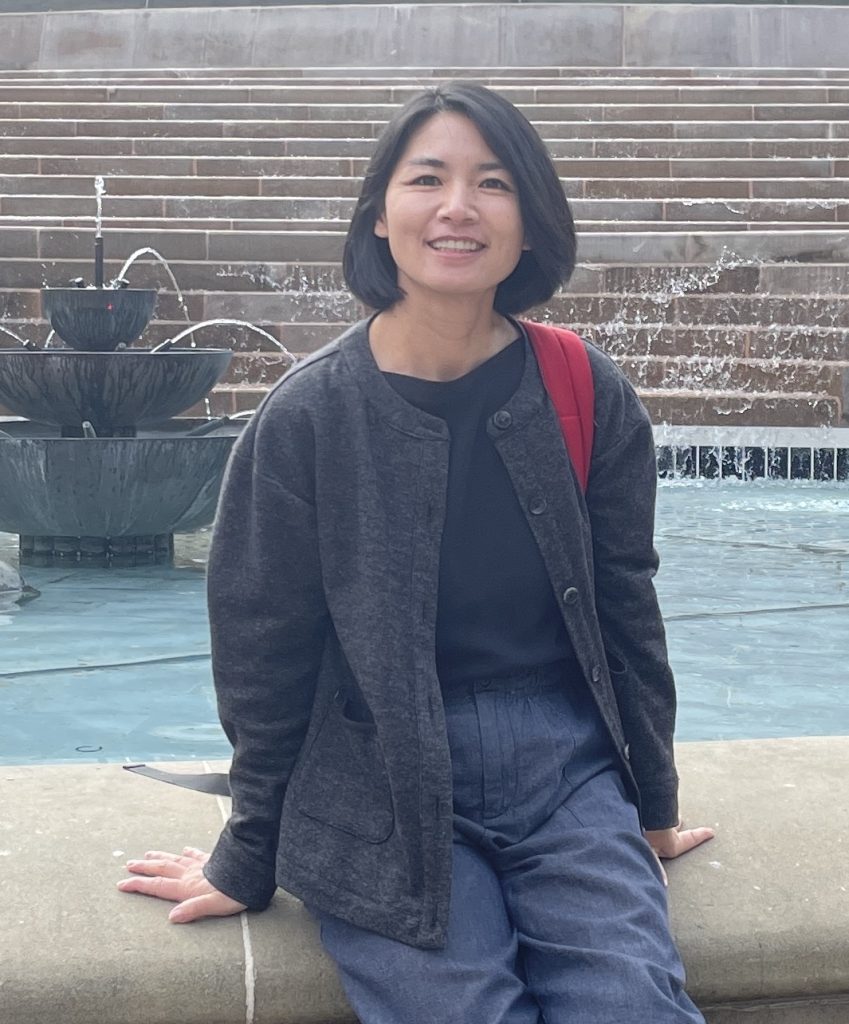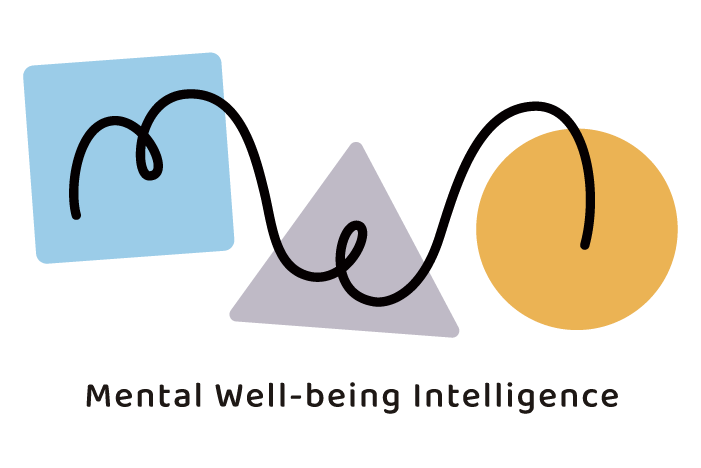We are excited to have an invited talk for our MWI Vision Lecture Series by Prof. Sharon Ding at University of Glasgow. Her talk is scheduled at 10:30 on 19th Feb., 2025. The talk is in a hybrid format (both in-person and remote via zoom) and open to the public, and you may receive the details after completing RSVP.
Please RSVP with this form to join the lecture!

Title: Moving Beyond Clinical Settings: Designing AI-Powered Care Technologies in Everyday Lives
Abstract: Healthcare is undergoing a transformation, driven by evolving needs and technological innovations. While there is no consensus on what the exact future of care should look like, there is a common emphasis on making it more self-driven, proactive, personalized, and humane. This is coupled with the recent advancement of technologies that have made more and more AI-powered care technologies available for everyday use, beyond clinical settings. In this talk, I will present several research projects from my group focusing on designing and exploring AI-powered care technologies for use in everyday lives. These include affect self-tracking based on heart rate variability (HRV) and Facial Expressions Recognitions, and health self-checkup based on face reading and speech processing. Drawing from these projects, I will discuss opportunities and challenges in designing AI-powered solutions to enable a shift of care.
Bio: Prof. Sharon Ding is a Senior Lecturer (Associate Professor) in the School of Computer Science at the University of Glasgow, UK. Before moving to Glasgow in 2021, she was an Associate Professor at Fudan University, Shanghai, China. I received my Ph.D. at the University of California, Irvine, USA. in 2010. At Glasgow, She is running Care Computing Group (CCG). Her research involves understanding and designing technologies to promote individual and social well-being. Besides healthcare, she has also been studying aging, disability, and sustainability, and exploring approaches including social transparency, crowdsourcing, self-tracking, online community, and mobile sharing to facilitate related social processes. Her goal is that computing technologies can be designed to unlock the potential of individuals, support collaborations, and create a positive societal impact.
